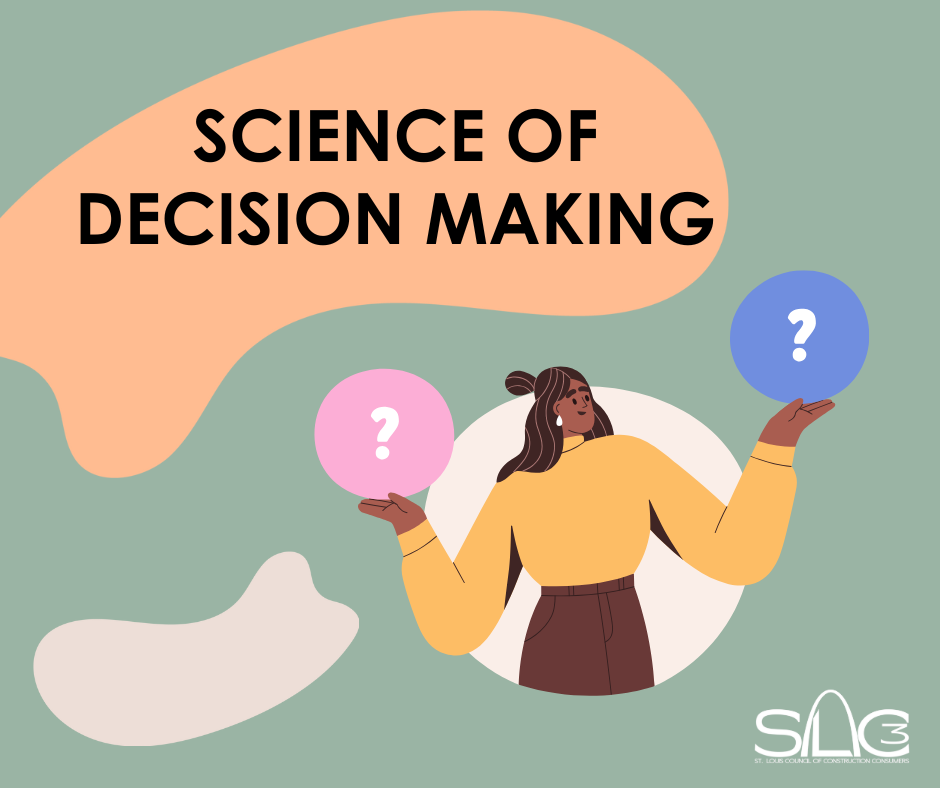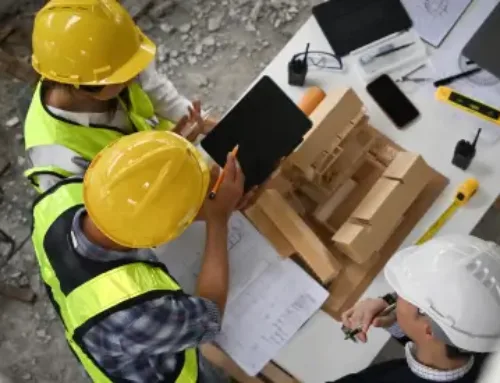Ever wonder why smart, experienced people sometimes make bad decisions—especially when the stakes are high? It’s not a character flaw. It’s how our brains are wired.
Neuroscience reveals that stress, bias, and mental shortcuts can seriously impact our ability to think clearly and choose wisely. But by understanding how the brain works under pressure, business leaders can make better, more intentional decisions when it matters most.
What’s Going on in the Brain?
Three key areas of the brain play a role in decision-making:
- Prefrontal cortex – Handles logical reasoning, planning, and evaluating options.
- Amygdala – Controls fear and emotional responses.
- Basal ganglia – Manages habits and automatic behaviors.
Why Pressure Makes It Worse
Stressful environments activate our survival brain. Under pressure, the amygdala can override the prefrontal cortex in what’s called an “amygdala hijack”—our brain’s fight-or-flight response kicks in, and rational thinking takes a back seat. Stress also decreases blood flow to the parts of the brain responsible for complex reasoning, making it harder to think critically in the moment. This can produce the following effects:
- Cortisol, the stress hormone, impairs memory and focus.
- Team members may defer to authority or fall into groupthink instead of raising red flags.
- The faster the decision needs to be made, the more we lean on bias and instinct over logic.
Brain-Based Strategies for Better Decisions
The good news? You can train your brain to work better under pressure. Here’s how:
- Pause and breathe: Just 30 seconds of deep breathing can calm the amygdala and re-engage your rational brain.
- Sleep on it: Sleep improves memory, pattern recognition, and problem-solving.
- Invite diverse perspectives: Different viewpoints disrupt bias and broaden decision pathways.
- Keep a decision journal: Tracking decisions helps you spot patterns and blind spots over time.
- Run a pre-mortem: Instead of waiting for failure, imagine it up front and work backward to avoid it.
Your brain under pressure isn’t broken, it’s just trying to protect you. But when we understand these mental shortcuts and stress responses, we can build better habits that lead to better decision making.






